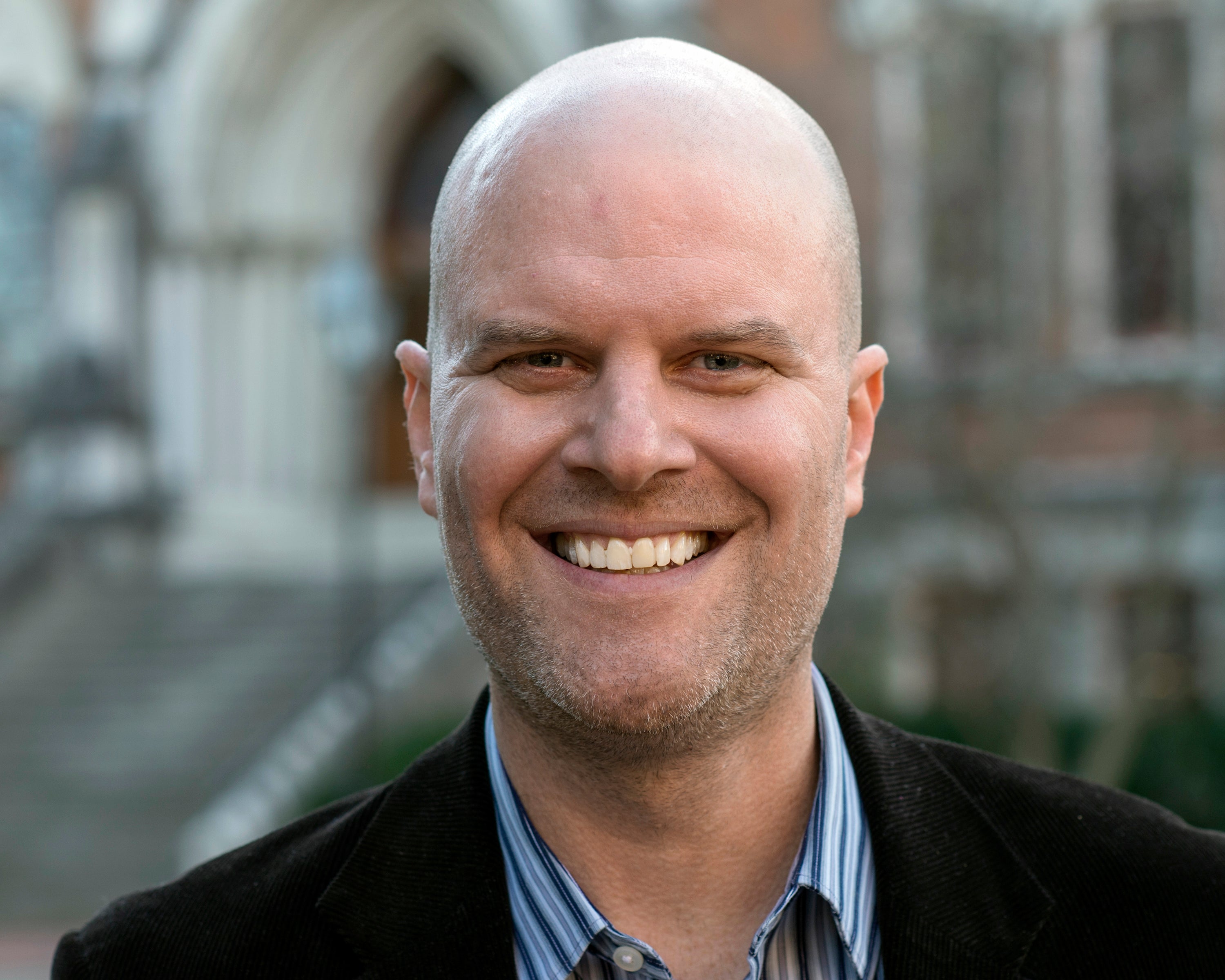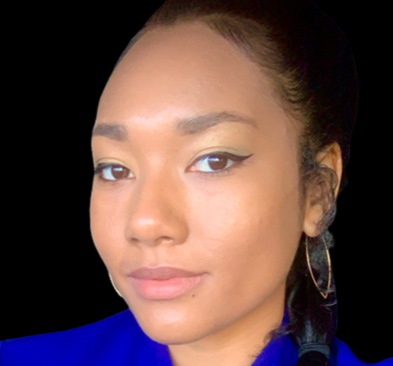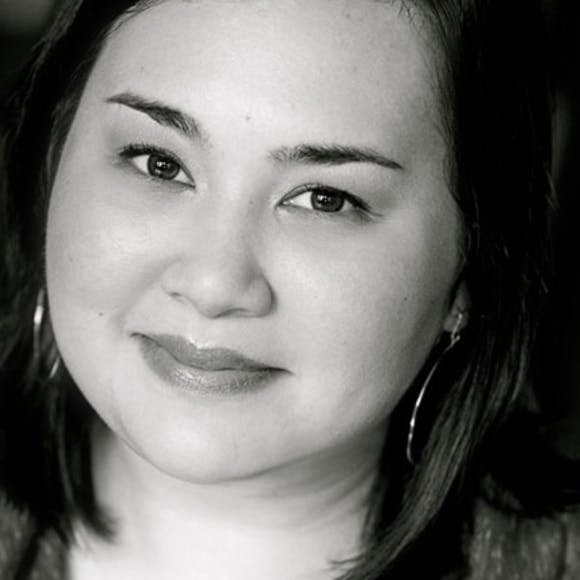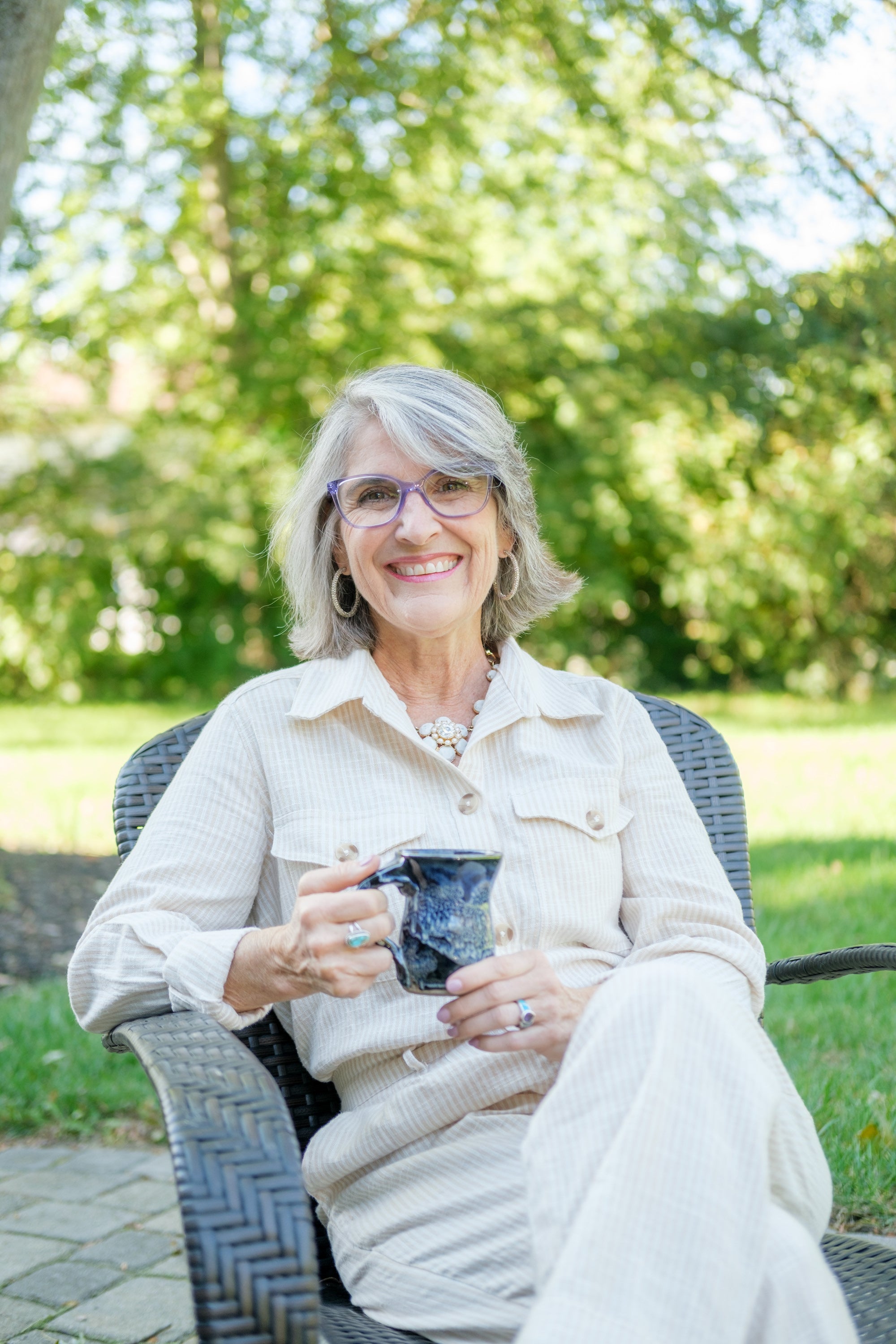
Author Bio:
1. Here is the most obvious question on the board, so we’re going to cross it off first. What are some countries that you’ve never been to that you are excited to travel to in the future?
There are a few countries I've yet to visit that I'm especially excited to explore once it's safe to do some. Bhutan is probably the highest on my list, followed by India and Central Asia. I've heard great things about countries like Kazakhstan and Tajikistan so hopefully I'll be able to get there sooner rather than later!
2. How did creating your website (nomadicmatt.com) change your life?
Creating nomadicmatt.com changed my life in pretty much every single way imaginable. The website enabled me to travel the globe for over a decade, giving me the personal and financial freedom to make my own schedule and work on my own terms.
It's given me the tools to build my own business so I didn't have to go back to working in a cubicle and has allowed me to give back and create projects like FLYTE, a charity for students in underserved communities that offers transformative travel experiences.
Because of my website, I've been able to meet so many amazing people. Creating a blog and online business was hands-down the most impactful choice I've made in my entire life!
3. When did you first have the inkling or itch to write your first book, “How to Travel the World on $50 a Day” and what was that experience like for you?
My first book was a natural extension of my blog so it happened organically. My website is all about sharing budget travel tips and helping people travel cheaper, better and longer. How to Travel the World on $50 a Day does the same — just in more detail.
A blog post can only have a few thousand words, which is why I wanted to write the book to begin with as I could cram a ton more information into really give people the tools they need to successfully travel the world on a budget.
The experience wasn't much different than writing my blog, as it was much of the same information — just expanded.
The book ended up being a New York Times bestseller and enabled me to travel the entire country on a book tour, which was an amazing adventure. So I'm grateful I had the opportunity to write it and that so many people found it helpful.
4. How do you think your experiences as a nomad would have been different today, being older vs. when you were in your 20s?
I'm still a nomad, so I notice the differences every day. For example, I'm not out partying every weekend with other backpackers as those hangovers hit much harder as you age.
I also eat better and am not afraid to spend money on good food and drinks. When I was younger, I ate a lot of cheap pasta as a budget backpacker, stretching my daily budget out as much as I could. But what's the point of visiting a culinary paradise like Paris if you're not going to enjoy the food?
I also don't stay in hostel dorms, opting for private hostel rooms instead. This allows me to get a decent sleep, which is imperative since I have to work while I'm traveling and can't just sleep in all day like I used to. While it's not as cheap, getting a good sleep is worth the extra cost to me now.
In short, being an older traveler is not about pinching pennies — it's about finding value.
5. What was your scariest moment as a nomad and how did you overcome this moment?
After over a decade of life as a nomad, I've run into all kinds of situations. I’ve missed flights, been scammed, gotten lost, gotten sick. The list goes on.
As someone who is afraid of flying, the time my plane suddenly dropped 20,000 feet was one of the scariest experiences in my life (I still hate flying to this day, ironically).
However, more recently, I was actually knifed while I was in Colombia. While I was able to make it out of that situation without any life-threatening injuries, it certainly wasn't an experience I'd like to repeat.
6. You mention that you were a shy and introverted nomad in the beginning, how were you able to overcome being shy and meeting new people?
Practice! When I started out on my first round-the-world trip, the only way I could meet people is if I would talk to them. My options were to not take the initiative and risk getting lonely or missing out on cool activities, or, to simply strike up a conversation when the opportunity arose.
While it was awkward at first, I eventually started to initiate conversations. First with other backpackers in hostels (since that was easiest) and then with locals when I felt more comfortable. It was a slow process, but solo travel forced me to break out of my shell. By taking baby steps, I was able to boost my confidence and eventually became comfortable talking to new people.
Backpackers and travelers love talking about travel, so never hesitate to strike up a conversation when you meet other travelers. It might feel awkward at first, but we all love to share stories and travel tips, so don't feel self-conscious about it. I've made some amazing friends that I'm still in touch with just from taking the leap and saying hi.
7. What does your ideal writing environment look like?
As much as I'd love to have a stout oak desk in private study lined with wall-to-wall books, the reality is I'm a nomad. I'm constantly bouncing around from one destination to the next. Because of that, I have had to get used to working in all kinds of destinations. So, while I'd love to always work in my "ideal" destination, the reality is I'm usually working out of a cafe.
As long as I have decent Wi-Fi, a desk or table to work at, and a pair of headphones, I can usually get some work done.
8. What is your advice to people who hesitate to leave their lives behind and go out to experience the world via traveling?
The great thing about traveling is that you don't have to leave your whole life behind. You can go somewhere for a week or a month or even just a few days. You don't have to quit your job to travel full time so don't feel pressure to suddenly drop everything and become a full-time nomad. Instead, start small. Do shorter trips and see how you like them. After all, full-time nomadic travel isn't for everyone.
That said, I do think everyone should travel abroad at some point — even if it's just for a few weeks. Travel is the ultimate personal development tool. We learn a lot about ourselves when we travel, as well as about the communities and cultures we visit (especially if you travel solo).
In a world growing more divided by the day, travel is something that bridges gaps and brings people together. It can certainly be intimidating to take that first trip, but it's never been easier to plan a trip abroad and it's never been easier to meet people while you travel. So take the plunge! I promise it won't be as scary as it seems.
9. What's the best book you have read so far this year?
I read a ton of books so it's impossible to pick just one. In fact, I read so many that I actually run a monthly book club where I email out the best reads of the month. I also list all my favorites in an online shop so readers can browse for suggestions if they need something good to read.
That said, some highlights over the past year have been Americanah, Mad Travelers, The Expanse, and The Premonition to name just a few!
10. What was your writing process like for "Ten Years a Nomad"
Writing Ten Years a Nomad was unlike any other project that I have worked on. While I had written memoir-style stories on the blog, most were just a few thousand words.
My other book, How to Travel the World on $50 a Day was a hands-on guide — which is a much different kind of book to write. Making the switch from writing practical tips to a single, cohesive narrative took some getting used to. But it was a fun and rewarding project.
I essentially set time aside every day to work on it. Writing, editing, polishing, moving sections around. There was always something to tinker with, which could be both rewarding or frustrating depending on the day.
But my writing improved by leaps and bounds over the span of writing that book and I learned a ton about the writing industry as a whole, so it was definitely a rewarding project. In fact, I still get regular emails from people who connected with the book to this day, so I'm just glad people found it enjoyable.
11. Do you plan on writing more books in the future?
I do! In fact, I was about to get started on another book right before COVID hit. Unfortunately, that project is still on the back burner. But I have a few other potential ideas for books too.
I really enjoyed the whole process behind Ten Years a Nomad so I'll definitely be working on some book projects in the future.
Places To Find More From This Author:
Instagram: @nomadicmatt
Twitter: @nomadicmatt
Facebook: Nomadic Matt
Website: www.nomadicmatt.com
Get Your Copy of Ten Years a Nomad Today!







